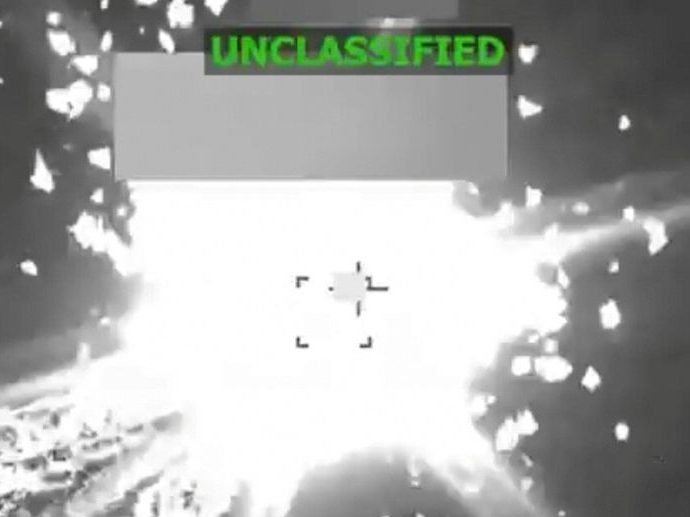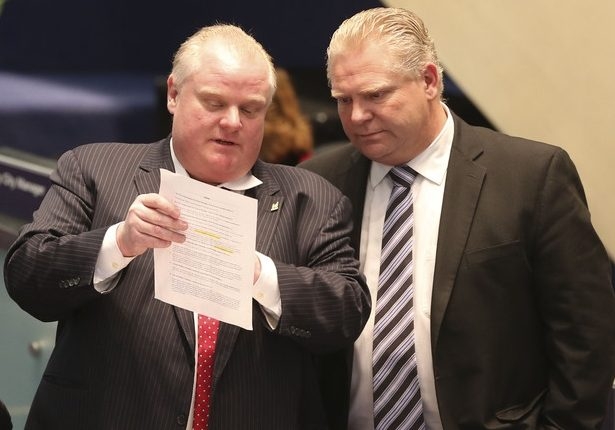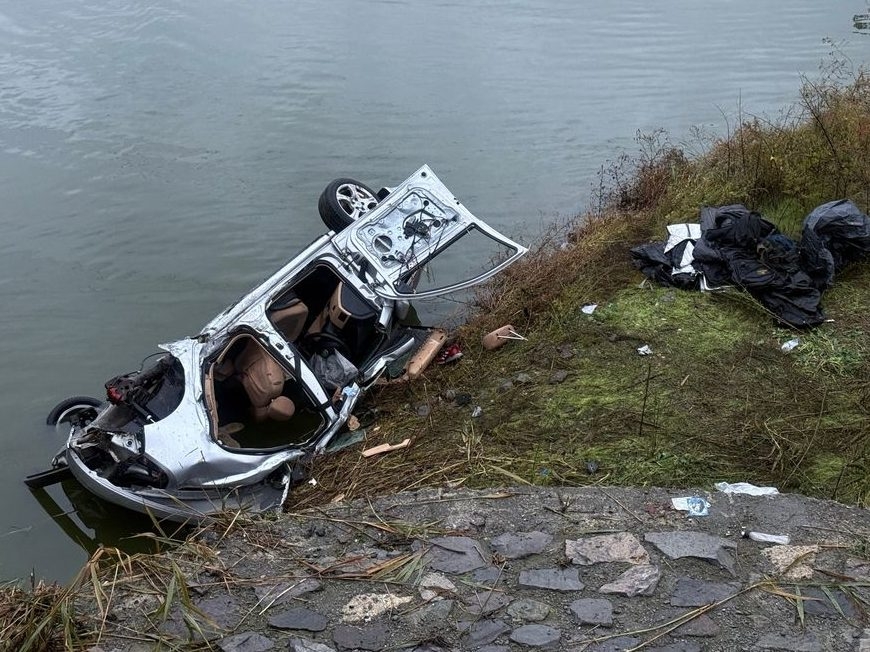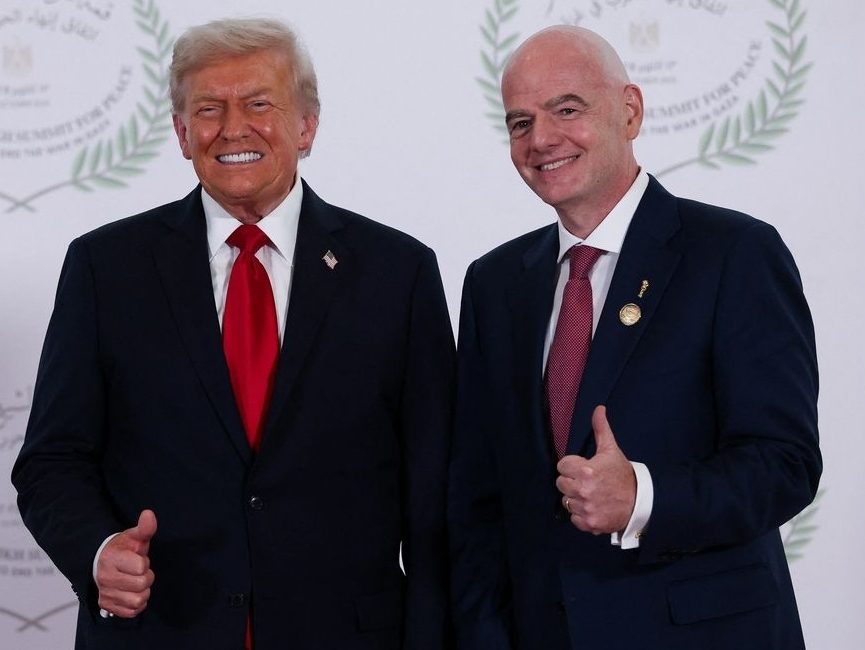The Caribbean Sea became a scene of sudden violence Thursday, as U.S. forces destroyed another vessel suspected of drug trafficking, resulting in three fatalities. This latest strike marks a grim escalation in Washington’s controversial campaign against narcotics, pushing the confirmed death toll to at least seventy individuals.
The United States initiated these direct strikes in early September, targeting boats in the Caribbean and eastern Pacific. Experts are voicing serious concerns, characterizing the actions as extrajudicial killings, even when directed at individuals identified as traffickers. The legal and ethical implications are sparking intense debate.
To date, at least eighteen vessels – seventeen boats and a semi-submersible – have been destroyed. However, the U.S. government has yet to publicly release definitive proof linking these targets to actual drug smuggling operations or demonstrating an imminent threat to the United States. Transparency remains a critical issue.

Aerial footage released depicts a boat moving through the water, abruptly erupting into flames. Officials claim the incident occurred in international waters, mirroring previous operations, and targeted a vessel linked to a “Designated Terrorist Organization.” Details surrounding this designation remain scarce.
The statement accompanying the footage was stark: three men aboard the vessel were killed, described as “narco-terrorists.” A chilling warning followed, directed at those involved in the drug trade – a direct threat of lethal force for continued participation.
As with some prior releases, portions of the vessel in the released video are deliberately obscured, raising questions about what the government is attempting to conceal. The rationale for this redaction has not been explained.
The current administration has significantly increased its military presence in Latin America, citing a commitment to dismantling drug trafficking networks. This includes the deployment of six Navy ships to the Caribbean, F-35 fighter jets to Puerto Rico, and the positioning of the USS Gerald R Ford carrier strike group in the region.
However, the campaign is facing mounting criticism. Reports from governments and families of those killed allege that many of the victims were civilians, primarily fishermen caught in the crossfire. The human cost of the operation is becoming increasingly apparent.
Venezuela’s President has accused the U.S. of attempting to destabilize his government, adding a layer of political tension to the situation. U.S. bombers have conducted several displays of force near Venezuelan airspace, further escalating the atmosphere.
The Venezuelan leader vehemently denies allegations of drug cultivation within his country, asserting that it is being exploited as a transit route for cocaine originating in Colombia. He maintains his nation is unwillingly caught in the crosshairs of the conflict.
The U.S. administration has formally notified Congress that it is engaged in “armed conflict” with Latin American drug cartels, framing them as terrorist groups to justify the ongoing strikes. This controversial designation has broadened the scope of the operation.
The United Nations has formally requested that the United States halt its campaign, with the High Commissioner for Human Rights stating the killings lack justification under international law. The international community is expressing growing concern over the legality and morality of the actions.





